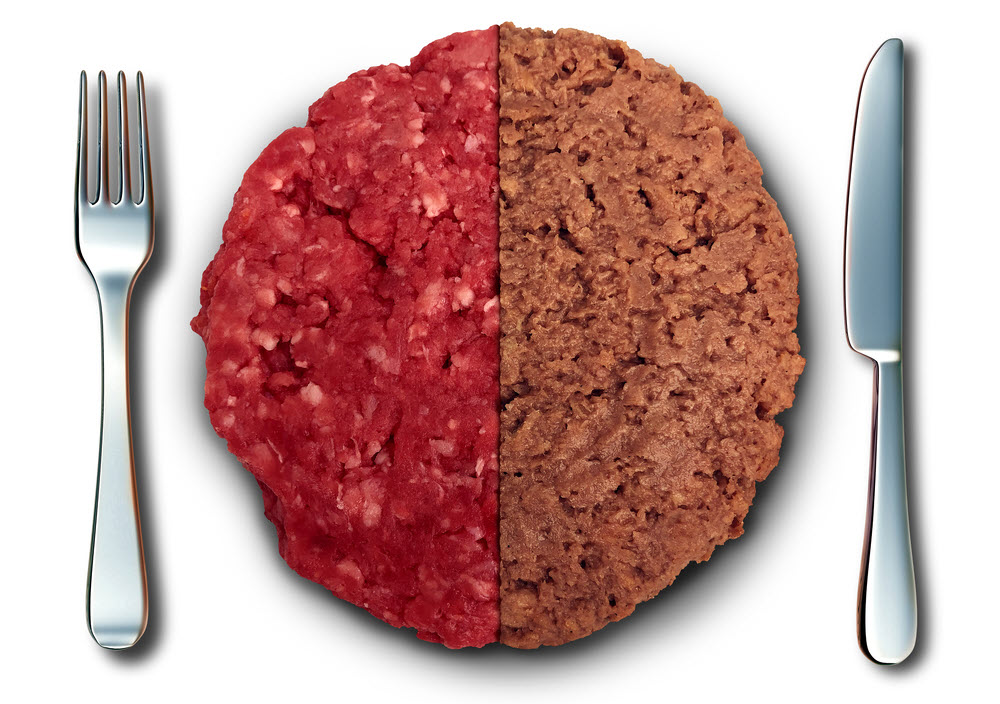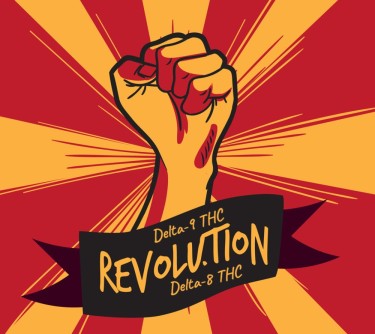
Is Delta-8 THC actually synthetic or natural? (And why it matters!)
IS DELTA-8 THC “SYNTHETIC”? IS IT IMPORTANT?
Many people are at a loss as to the current state of affairs regarding delta-8-THC. This is a cannabinoid that can be naturally extracted from the cannabis plant; Still, some people are concerned, thinking it might be synthetic. Unfortunately, even delta-8 THC users are among those people who don’t fully understand the compound and wonder if it’s synthetic or natural due to the high level of danger posed by other synthetic cannabinoids.
Given all the problems associated with synthetic THC in the past, could delta-8 THC be the same? This article aims to provide some clarity on whether or not delta-8 THC is natural and safe to use.
WHAT IS DELTA 8 THC?
Delta-8 is a cannabinoid in cannabis that has gained popularity due to its similarity to Delta-9 THC, the main ingredient in marijuana, which gets you high and causes euphoria, symptom relief, sedation, happiness, and more. Large amounts of THC can be found in most cannabis strains.
The scientific name of Delta-8 THC is Delta-8-Tetrahydrocannabinol. Some other people just call it “D-8”. The effect of Delta-8 THC is comparable to that of regular Delta-9 THC. However, they are much less effective.
Is Delta-8 THC natural?
Delta-8 THC is a compound that occurs naturally in cannabis and hemp plants without human intervention. Because of this, it can be considered a completely natural cannabinoid and not synthetic. However, some people believe it was man-made since it is found in small amounts in marijuana plants and requires a special process to make a consumable available.
The manufacturing process of delta-8-THC, in most cases, involves the extraction of cannabidiol (CBD) from hemp plants, which are legal at the federal level, and converting it to delta-8-THC using an acid conversion. The concentration of CBD in hemp is far higher than that of delta-8 THC, so producers can achieve high yields of delta-8 THC with this process, making the production of delta-8 THC financially feasible.
Although you would need human intervention in the process to produce a large amount of delta-8-THC, the compound itself occurs naturally in the cannabis plant.
What is a synthetic cannabinoid?
The CB1 and CB2 receptors in the endocannabinoid system are stimulated by both natural and synthetic cannabinoids. There are no synthetic cannabinoids in nature. They wouldn’t exist at all if they weren’t created in a lab.
JWH-018 and HU-210 are two of the most well-known non-classical cannabinoids, and both are commonly found in the herbal blend known as “Spice” or K2. These substances were considered legal a few years ago. These goods were offered by head shops as “legal highs” or “legal cannabis substitutes”. Many of these substances weren’t sure what the problem was.
The US government and a number of other nations opted to ban synthetic cannabinoids outright in the 2010s after numerous hospitalizations, addiction problems, and even a few deaths.
The non-classical cannabinoids in this class were the most problematic. Any synthetic cannabinoid that bears no resemblance to the cannabinoids produced by plants but still has the ability to affect the endocannabinoid system is said to be nonclassical.
Because Delta 8 is a traditional cannabinoid found in nature, it is not a synthetic cannabinoid. There are currently well over 100 identified traditional, natural cannabinoids. Delta 9 THC, Delta 8 THC, CBD, CBN, CBG, CBDV and THCV are some examples. On the CB1 and CB2 receptors, these cannabinoids exert a similar but typically less potent effect.
Are synthetic cannabinoids regulated?
Unsurprisingly, many synthetic cannabinoids are hampered. Nonetheless, very often fresher compounds or analogues of the older compounds are offered on the market. This allows manufacturers to bypass the restrictions, at least until the new connection is also hampered.
One thing people might see as a benefit of taking synthetic cannabinoids is that they don’t show up on standard marijuana drug tests. Their cheap nature is another typical reason for their popularity.
The effect of synthetic cannabinoids on humans
Spice and psychosis are closely linked, according to a 2019 study published in the Journal of Innovations in Clinical Neuroscience. In the study, taking the drug caused hallucinations (both auditory and visual), altered perceptions, dissociation, depersonalization, and catatonia.
According to the study, drug-induced psychosis lasts only as long as the drug’s effects, although it is temporary. The reactions can prompt people to call emergency services. In addition, psychosis-promoting cases of drug use can have long-term psychological consequences.
That’s why it’s crucial for us to talk about whether D-8 is a manufactured substance. The drug can be avoided by susceptible individuals if they are aware of it beforehand.
So is DELTA-8 THC synthetic?
No, is the answer. In both hemp and marijuana, delta-8-THC is the naturally occurring cannabis component. However, to obtain any appreciable amount of this chemical, one typically needs an enormous amount of plant matter. This is the reason why some manufacturers have chosen to obtain it by synthesizing CBD (instead of delta-9-THC) rather than extracting it directly from hemp.
Although this process is quite expensive, it’s still much more affordable and convenient than extracting Delta 8 directly from hemp. While it may sound artificial, it isn’t. Cannabis breeders are in the process of crossing different cannabis strains to achieve a more significant Delta-8 yield, making Delta-8 more convenient, durable, and legal for everyone involved.
bottom line
Delta-8 tetrahydrocannabinol is very natural as it is extracted directly from the cannabis plant itself. The confusion over whether it’s synthetic or not comes into play when humans are involved in the mass production of THC. If you’re wondering whether it matters whether it’s synthetic or not, you need to look at the effects that can be achieved from synthetic cannabinoids. But we needn’t worry as Delta-8-THC is completely safe to consume.
MORE ABOUT DELTA-8 AND DELTA-9, READ MORE…

D8 VS. D9 – THE CANNABIS INDUSTRIES CIVIL WAR?

Post a comment: